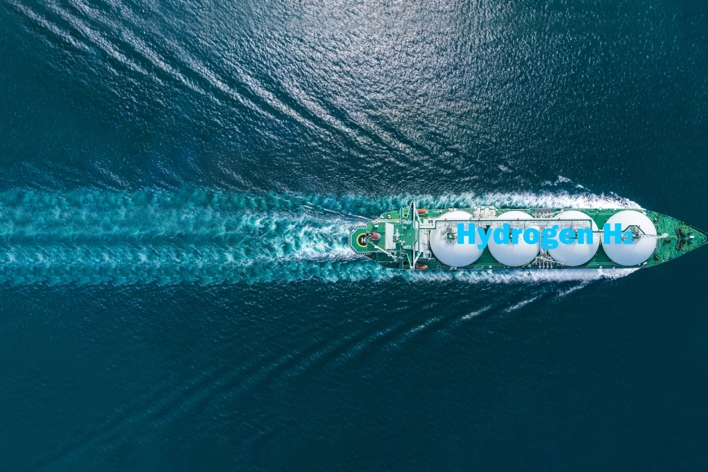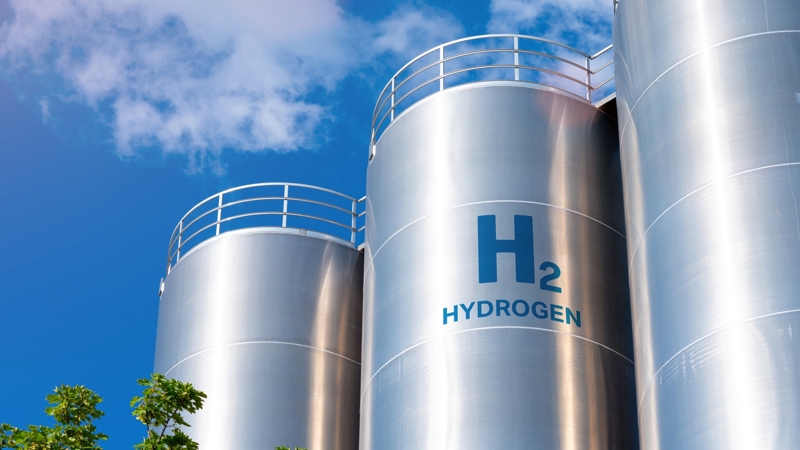
Hydrogen fuel
Hydrogen fuel
Hydrogen is widely regarded as one of the most sustainable and forward-looking energy carriers for the maritime industry. When used in fuel cells, hydrogen produces zero harmful emissions—only water vapor—making it an ideal solution for achieving deep decarbonization and meeting future zero-emission targets.
There are various production pathways for hydrogen, with “green hydrogen”—produced through electrolysis powered by renewable energy—offering the greatest environmental benefits. As a fuel, hydrogen is versatile and can be used in both fuel cell systems and combustion engines, offering flexibility for different vessel types and operational needs.
Despite its vast potential, hydrogen adoption in shipping is still in its early stages. Key challenges include its low volumetric energy density, which requires advanced storage solutions (such as liquefied or compressed hydrogen), and the need for significant investment in bunkering infrastructure and onboard technologies. Safety protocols and regulatory frameworks are also still evolving to support widespread implementation.
Nevertheless, hydrogen is at the center of global maritime innovation, with numerous pilot projects and strategic alliances driving research and development. As renewable energy capacity expands and economies of scale improve, hydrogen is expected to play a critical role in the long-term transformation of the shipping industry toward a zero-emission future.

Fuel price updates: Three times a week.
Subscribe to keep you ahead!